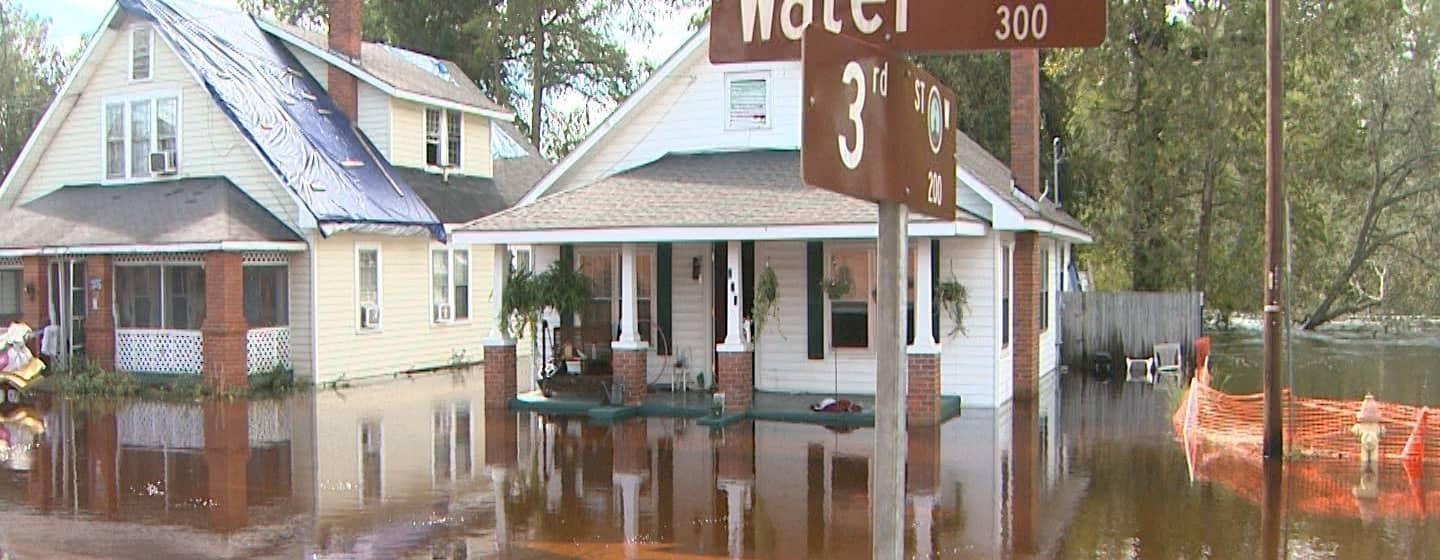In a Record-Breaking Hurricane Season, UNC Launches Comprehensive Study on Extreme Weather


The 2020 Atlantic hurricane season continues to set records, and not in a good way. The formation of Hurricane Iota in the central Caribbean brings the total for the season to 30 named storms, setting a new single season record for the most storm names used.
What’s worse, many areas have been pummeled by multiple storms. Iota is on track to hit Central America which is still reeling from Hurricane Eta which hit one week ago.
The United States’ Gulf Coast has also been hit by multiple storms.
With that as the backdrop, University of North Carolina researchers have unveiled a plan to take an interdisciplinary approach to studying extreme weather.
The program was launched after the National Science Foundation awarded a $3.5M grant under its Growing Convergence Research, or GCR, program.
The study hopes to create mitigation and adaptation strategies for communities based on findings from work in the fields of natural and social sciences, geosciences and engineering.
“Climate change certainly fits under this program because as storms become more frequent and intense, research on natural hazards is something people need to study because they are real and pressing issues,” said Mike Piehler, Director of the Institute for the Environment at the University of North Carolina Chapel Hill.
In addition to Piehler, Director Elizabeth Frankenberg of the Carolina Population Center and Director Rick Luettich of the Institute for Marine Sciences will lead the project.
“This brings an interdisciplinary group together around the concept of huge storms being a challenge for the coast and for inland areas,” adds Piehler. “And the way to solve these problems is to think of them as natural systems linked together. You can’t separate the environment from the people or the people from the environment because they are inextricably linked.”
“Hurricanes will occur every year,” said Frankenberg, who has studied in the impact of tsunamis on society in Indonesia for 15 years. “This will allow us to look at the big pictures questions of preparation, mitigation, adaptation, and recovery using a variety of resources across multiple disciplines.”
Hear more from scientists about the big picture of what's creating these extreme weather events:
What climate change means for hurricane season